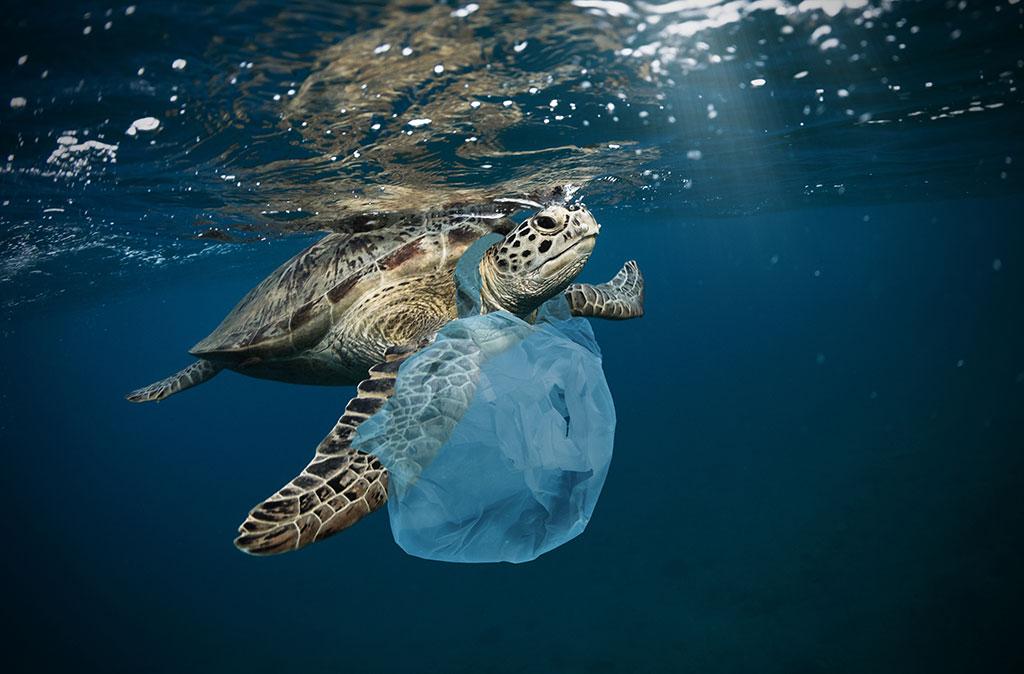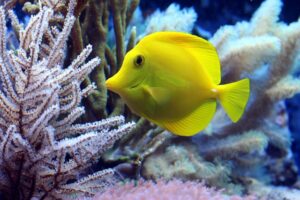The Ripple Effect: How Human Misdeeds Trouble All Living Beings
Nature WorldWide June 7, 2024 0
Man has a unique place in the world as a symbol of the grandeur of life on earth. With our advanced technology, complex societies, and profound influence on the environment, we have the power to shape the fate of countless other species. However, with great power comes great responsibility, and unfortunately, our actions often lead to dire consequences for the myriad forms of life that share our planet. This blog post explores How Human Misdeeds Trouble All Living Beings and offers solutions to mitigate these impacts.
Let’s understand in detail How Human Misdeeds Trouble All Living Beings
Environmental Degradation: A Universal Plague
Human activities, such as Deforestation, pollution, and climate change, have led to widespread environmental degradation. Forests, oceans, and other natural habitats are being destroyed at an alarming rate, leaving countless species without homes.

- Deforestation: Every year, vast tracts of forests are cleared for agriculture, urban development, and logging. This leads to habitat loss for millions of species, from the majestic tiger to the humble beetle. Forests act as carbon sinks, and their destruction contributes significantly to climate change, further endangering all forms of life.
- Pollution: Industrial activities release many pollutants into the air, water, and soil. Plastic waste in the oceans chokes marine life, chemicals in rivers poison fish, and air pollution impacts both terrestrial and aquatic ecosystems. These pollutants accumulate in the food chain, leading to health problems for wildlife and humans alike.
- Climate Change: Human-induced Climate Change is causing temperatures to rise, weather patterns to shift, and sea levels to rise. This affects the natural habitats of many species, leading to extinction for those unable to adapt. Polar bears, for instance, are losing their icy habitats, while coral reefs, home to a quarter of marine species, are bleaching and dying due to warmer waters.
Read More: Human Impact on the Environment
The Disruption of Ecosystems
Human activities disrupt ecosystems, leading to imbalances that affect all living beings. Overfishing, for instance, not only depletes fish populations but also impacts the entire marine food web. Similarly, the introduction of invasive species, often a result of human travel and trade, can devastate local flora and fauna.

- Overfishing: Unsustainable fishing practices deplete fish stocks and disrupt marine ecosystems. Predatory species suffer from a lack of prey, while fishing nets often trap unintended marine creatures, including dolphins, turtles, and seabirds.
- Invasive Species: When humans introduce non-native species to new environments, either intentionally or accidentally, these species can outcompete, prey on, or bring diseases to native species. The cane toad in Australia and the zebra mussel in North America are examples of invasive species causing significant ecological harm.
The Ethical Dimension: Animal Cruelty and Exploitation
Beyond environmental impact, human misdeeds also encompass the ethical treatment of animals. Factory farming, poaching, and animal testing are stark reminders of how human actions can lead to immense suffering for other living beings.
Read More: Easy Ways You Can Help Our Environment

- Factory Farming: The industrial farming of animals for meat, dairy, and eggs often involves overcrowded and inhumane conditions. Animals are treated as mere commodities, leading to physical and psychological distress.
- Poaching and Wildlife Trafficking: The illegal hunting and trade of wildlife threaten species with extinction. Elephants, rhinos, and tigers are targeted for their tusks, horns, and skins, driven by demand in black markets.
- Animal Testing: Many industries, from cosmetics to pharmaceuticals, use animals for testing, causing pain and suffering. While regulations and alternatives are emerging, the practice remains widespread.
The Path Forward: A Call to Action
Addressing the pervasive impact of human activities on all living beings requires a concerted effort from individuals, communities, industries, and governments. Here are some steps we can take:

Reduce Pollution
Implementing stricter regulations on waste management, emissions, and chemical use can mitigate pollution. Promoting recycling, reducing plastic use, and investing in clean technologies are critical actions.
Read More: 10 Easy Ways You Can Help Our Environment
Protect Habitats
Establishing and enforcing protected areas can preserve vital ecosystems and the species they support. National parks, wildlife reserves, and marine sanctuaries provide safe havens for biodiversity to thrive.
Promote Sustainable Practices
Encouraging sustainable agriculture, forestry, and fishing practices can significantly reduce our ecological footprint. Agroforestry, sustainable fisheries, and responsible logging practices ensure that resources are used without depleting them.
Combat Climate Change
Addressing climate change requires global cooperation and commitment. Reducing greenhouse gas emissions, transitioning to renewable energy, and promoting energy efficiency are critical measures. Additionally, reforestation and conservation efforts can help mitigate the impacts of climate change.
Read More: 10 Ways to Help Save Animals
Ethical Treatment of Animals
Advocating for the humane treatment of animals, supporting animal rights legislation, and promoting cruelty-free products can reduce animal suffering. Encouraging plant-based diets and sustainable farming practices also contribute to the welfare of animals.
Conclusion
The impact of human misdeeds on other living beings is vast and multifaceted. From environmental degradation to ethical issues, our actions have far-reaching consequences. However, by acknowledging these impacts and taking proactive steps, we can mitigate the harm and work towards a more sustainable and compassionate world. Protecting habitats, promoting sustainable practices, reducing pollution, combating climate change, and ensuring the ethical treatment of animals are essential steps in safeguarding the intricate web of life that sustains us all.




